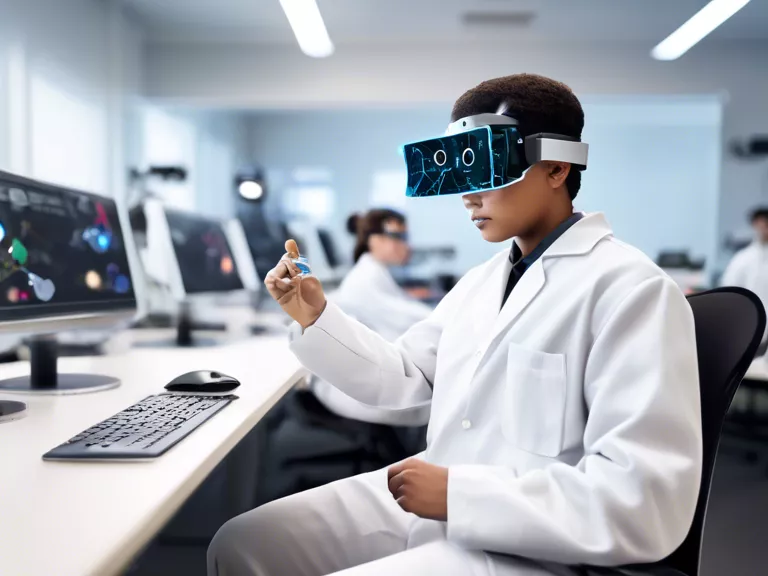
Artificial Intelligence (AI) has revolutionized academic research by enhancing data analysis capabilities, enabling researchers to process and interpret vast amounts of information efficiently. This technology has significantly improved the research process, from data collection to interpretation, leading to more accurate and insightful findings. In this article, we will explore the role of AI in academic research and how it has transformed the way researchers approach data analysis.
Data analysis is a crucial aspect of academic research, as it allows researchers to draw meaningful conclusions and make informed decisions based on their findings. With the advancements in AI algorithms and machine learning techniques, researchers can now analyze complex datasets in a fraction of the time it would take using traditional methods. This has led to a significant increase in research productivity and the ability to tackle more complex research questions.
AI also plays a key role in enhancing the quality of academic research by reducing human error and bias in data analysis. Machine learning algorithms can identify patterns and trends in data that may not be apparent to human researchers, leading to more accurate and objective results. Additionally, AI can help researchers detect errors or inconsistencies in their data, allowing them to correct mistakes and ensure the accuracy of their findings.
Furthermore, AI has the potential to revolutionize the way academic research is conducted by enabling researchers to explore new research avenues and conduct experiments that were previously not possible. For example, AI-powered tools can help researchers analyze large-scale genomic data to uncover new insights into human health and disease, or simulate complex systems to study their behavior under different conditions.
In conclusion, AI has significantly enhanced academic research by improving data analysis capabilities, increasing research productivity, and enabling researchers to make more accurate and objective findings. As AI technology continues to evolve, we can expect even greater advancements in the field of academic research, leading to more innovative and groundbreaking discoveries in the future.



